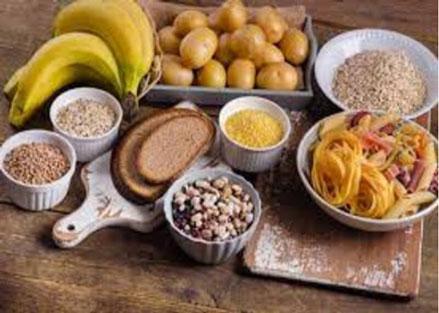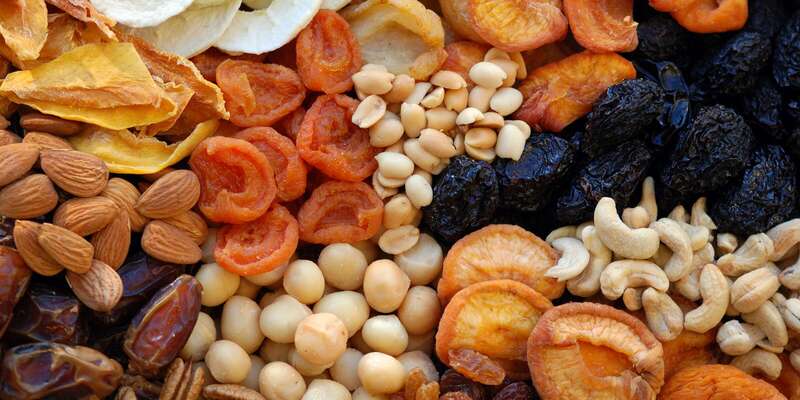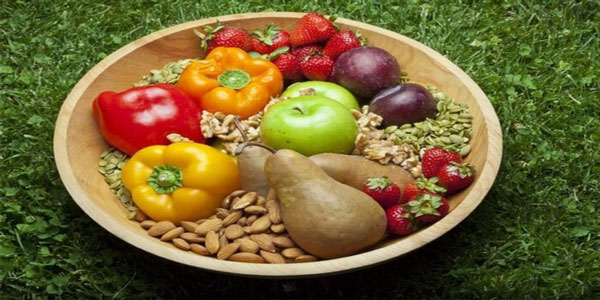Cardiologists advise avoiding processed and refined diets, saturated and trans fats, triglycerides, and specially added sugars. These foods may raise cholesterol, obesity, inflammation, and increase heart disease risk. Avoid fried meals, processed meats, sugary beverages, and high-fat dairy. They also advise minimizing sodium and consuming plenty of fruits, veggies, and complete grains. Cardiologists recommend avoiding processed and refined diets, saturated and trans fats, high-density lipoprotein, and added sugars. These foods may raise cholesterol, obesity, increase inflammation, and increase heart disease risk. Avoid fried meals, processed meats, sugary beverages, and high-fat dairy. They also advise minimizing sodium and consuming plenty of fruits, veggies, and complete grains. These guidelines help lower heart disease risk and enhance health. This does not mean shunning certain foods but eating them in moderation and in harmony with a balanced diet. For a customized diet, visit a doctor or nutritionist.
Saturated Fats
Saturated fats may be found in a wide variety of foods derived from animals, such as meat, butter, mozzarella, and cream, among others. They have been shown to elevate levels of LDL, often known as "bad cholesterol," throughout the blood, which is associated with an increased likelihood of developing cardiovascular disease. It is common practice for cardiologists to recommend to their patients that they reduce the number of saturated fats they consume and choose instead meals that are high in saturated fats, including fish, chicken, and oils made from plants.
Trans Fats
Trans fats are a form of polyunsaturated food that are often found in processed foods, including crackers, sweets, and fried meals. These fats have been linked to a variety of health risks. It has been shown that they raise LDL cholesterol levels while simultaneously lowering HDL (good) cholesterol levels, which may lead to an increased risk of cardiovascular disease. Avoiding meals that thus contain trans fats and opting instead for foods that are produced with healthier oils, which include olive oil and canola oil, are two classic pieces of advice that cardiologists provide to their patients.
Refined Carbohydrates

White bread, spaghetti, and pastries are all processed meals with refined carbs. Other examples include cookies and crackers. They have been linked to spikes in blood sugar levels, which have been shown to raise the risk of cardiovascular disease as well as diabetes. It is common practice for cardiologists to recommend to their patients that they reduce the number of refined carbs they consume and choose instead whole grains like brown rice and bread made with whole wheat.
Salt
Consuming a lot of salt is linked to hypertension, a key risk factor for developing cardiovascular disease. Limiting one's salt consumption and selecting meals relatively low in sodium is legal advice that cardiologists give their patients. They also recommend checking the food's labels to determine the amount of salt it contains.
Added Sugars
The likes of soda, candy, and baked goods are examples of some of the processed meals and beverages that include added sugars. They may have a role in weight gain and can increase blood sugar levels, leading to an increased risk of cardiovascular disease and diabetes. It is common practice for cardiologists to recommend to their patients that they reduce the amount of added sugars they consume and choose instead foods that seem naturally sweet, including fruits.
Alcohol

Alcohol can have both positive and negative effects on heart health. It can raise HDL cholesterol levels in moderate amounts, which is beneficial. But, excessive alcohol intake can increase blood pressure and lead to heart failure. Therefore cardiologists often advise their patients to limit their alcohol intake or avoid it altogether.
Conclusion
Cardiologists typically recommend avoiding foods that are high in saturated and trans fats, cholesterol, and added sugars, as well as processed and refined foods. These foods can contribute to high cholesterol, obesity, and inflammation, increasing the risk of heart disease. Examples of foods to avoid include fried foods, processed meats, sugary drinks, and high-fat dairy products. Additionally, they often recommend limiting salt intake and eating a diet rich in fruits, vegetables, and whole grains. By following these recommendations, individuals can reduce their risk of developing heart disease and improve their overall health and well-being. It's important to note that this does not mean avoiding these foods altogether, but having them in moderation and balanced with a healthy diet. Also, it's always essential to consult a doctor or a nutritionist to have a personalized diet plan.

Should You Switch Your Shampoo Often for Healthy Hair
Jul 24, 2024

Why Does Turkey Put You To Sleep? The Real Story Behind Tryptophan
Jan 05, 2024

Here Are 8 Questions To Help You Get Started. Walking Can Be A Precious Opportunity To Reflect
Dec 27, 2023

Foods That Most Cardiologists Try To Stay Away From
Feb 18, 2024

Finding the Perfect Sunscreen for Sensitive Skin
Jul 24, 2024

The DASH Diet Is Successful. Exactly Why Hasn't This Trend Taken Off?
Dec 12, 2023

Pneumonia Prevention: 5 Easy Steps
Dec 01, 2023

Surprising Truths About Obsessive Compulsive Disorder
Feb 07, 2024



